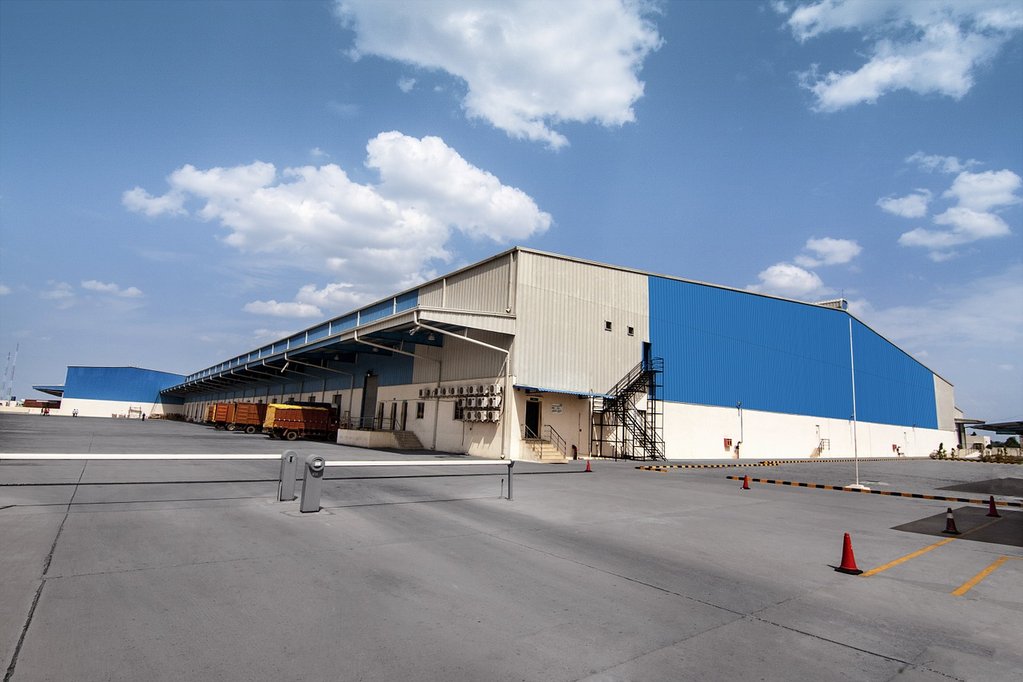Costing for Labour: Remuneration Methods
Cambrige AS and A Level Accounting Notes (9706): Costing for labour: Remuneration methods
If you are viewing this post on a small screen/mobile device please view it in Landscape Mode otherwise it will be distorted.
- Now that we have examined the basics of labour within organisations
- It is time to look at remuneration methods
- There are three basic remuneration […]












